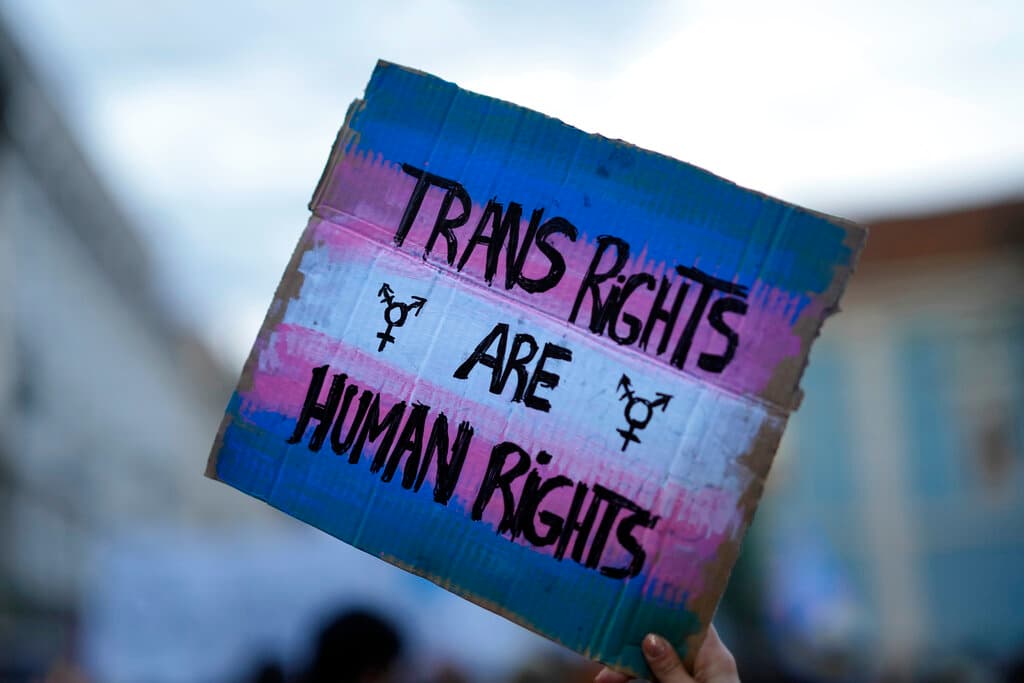Biden Seeks To Block States From Banning Transgender Athletes With New Title IX Rule
At least 16 states now have bans in effect covering at least high school interscholastic sports.

President Biden announced Thursday that he would use his executive power to punch back against state legislators who have passed measures forbidding biological males from competing in women’s sports by proposing a new rule that would forbid schools from enacting such bans regardless of what the legislatures approve.
Please check your email.
A verification code has been sent to
Didn't get a code? Click to resend.
To continue reading, please select:
Enter your email to read for FREE
Get 1 FREE article
Join the Sun for a PENNY A DAY
$0.01/day for 60 days
Cancel anytime
100% ad free experience
Unlimited article and commenting access
Full annual dues ($120) billed after 60 days
